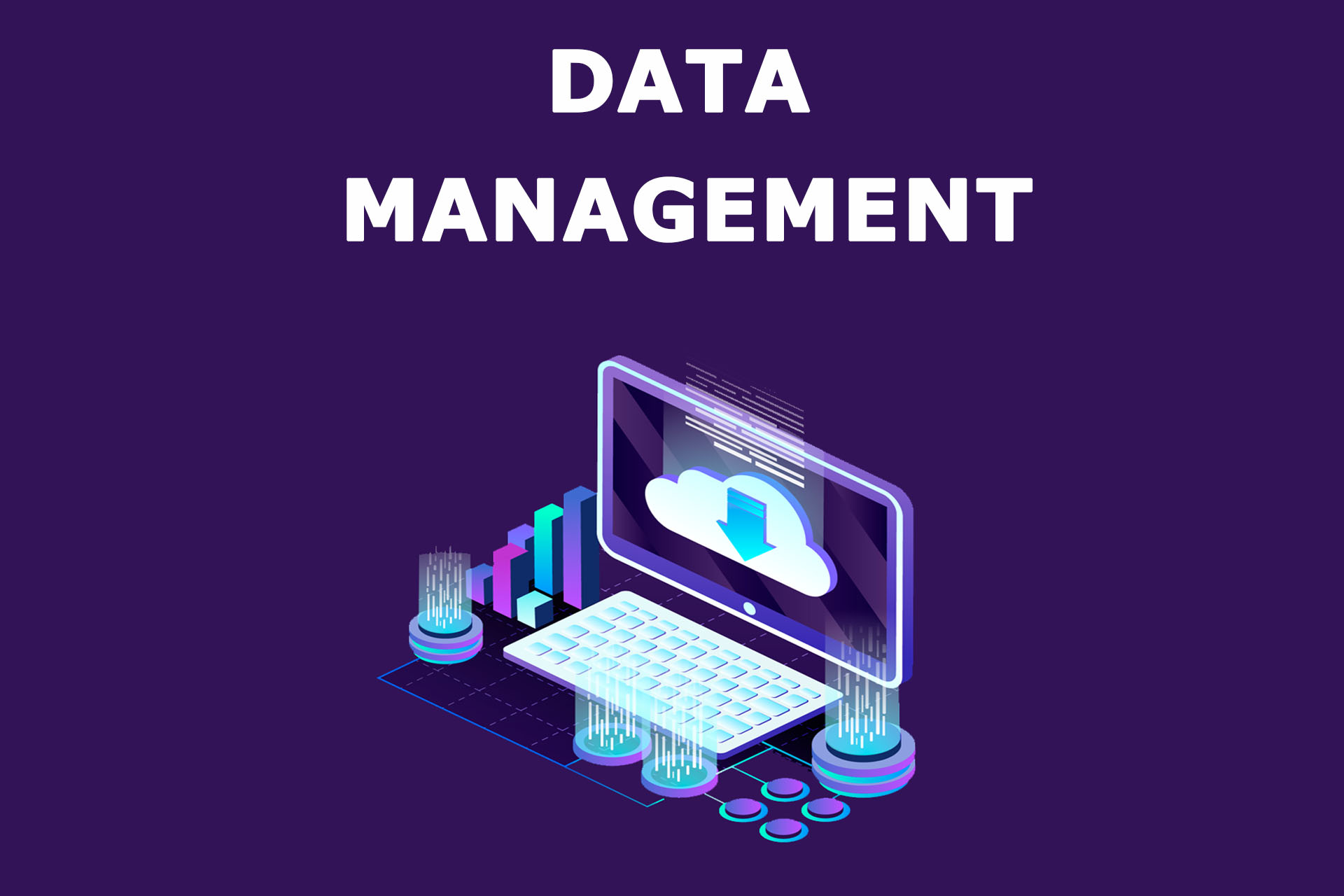
Data is a valuable resource for modern organizations. With access to large volumes and different types of data, organizations invest heavily in their data storage and management infrastructure. They use data management systems to run business intelligence and data analytics more efficiently. Below are some of the benefits of data management.
Increase revenues and profits
Data analysis gives deeper insights into all aspects of the business. You can do these insights to improve business processes and reduce costs. Data analysis can also predict the future impact of decisions, improve decision making and business planning. Consequently, organizations are seeing significant growth in revenue and profits by optimizing their data management technologies.
Reducing data inconsistency
A siloed data set is a collection of raw data within an organization where only one department or group accesses the repository. Segregated data sets create discrepancies that reduce the reliability of data analysis results. Data management solutions integrate data and create a centralized view of data to improve collaboration between departments.
Meet regulatory compliance
Laws like the General Data Protection Regulation (GDPR) and the California Consumer Privacy Act (CCPA) give consumers control over their data. Individuals can seek asylum if they believe that organizations are:
Recording data without consent
Apply poor control to data site and use
Storing data despite requests to erase it
Organizations therefore require a data management system that is fair, transparent and confidential while maintaining accuracy.
Enterprise digital data management encompasses a wide range of tasks, policies, procedures and practices. The work of data management extends widely, covering factors such as:
How to create, access and update data across a diverse data level
How to store data across multiple clouds and in the workplace
How to provide high availability and disaster recovery
How data is used in a variety of applications, analytics and algorithms
How to ensure data privacy and security
How to archive and dispose of data as per retention schedules and compliance requirements